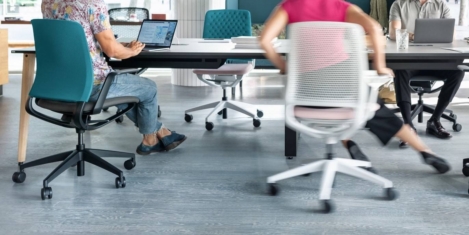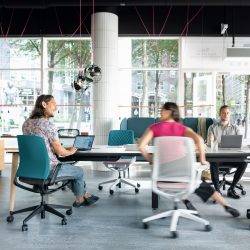June 14, 2019
The greenest building is no building, our false craving for silence and some other stuff
 As climate scientists issue increasingly stark warnings about the global environmental catastrophe that is increasingly likely within a very short time frame, Will Jennings issues a timely reminder in the Architects Journal that the greenest type of building is no building at all. And that is doubly so when the building we are talking about is The Tulip, which would clearly be a very bad idea at any time. The author takes particular exception to the glossy environmental pledges made by high profile architects when contrasted with the ugly, vacuous grandstanding typified by The Tulip. (more…)
As climate scientists issue increasingly stark warnings about the global environmental catastrophe that is increasingly likely within a very short time frame, Will Jennings issues a timely reminder in the Architects Journal that the greenest type of building is no building at all. And that is doubly so when the building we are talking about is The Tulip, which would clearly be a very bad idea at any time. The author takes particular exception to the glossy environmental pledges made by high profile architects when contrasted with the ugly, vacuous grandstanding typified by The Tulip. (more…)








 Research commissioned to mark today’s World Environment Day claims employees expect their employers to commit to better environmental policies and sustainability, with three quarters of office workers (73 percent) wanting their workplace to improve its sustainability policy, and nearly a quarter (24 percent) claiming they would refuse a job at an organisation with a poor sustainability record.
Research commissioned to mark today’s World Environment Day claims employees expect their employers to commit to better environmental policies and sustainability, with three quarters of office workers (73 percent) wanting their workplace to improve its sustainability policy, and nearly a quarter (24 percent) claiming they would refuse a job at an organisation with a poor sustainability record.


 Today, the
Today, the 








 BSRIA has launched a new guide that aims to inform those involved in the design, construction and operation of a building about how an effective Business-Focused Maintenance (BFM) regime can be developed and achieved through the Soft Landings approach. The topic guide on Soft Landings and BFM is written as an ‘at a glance publication’ to give readers a glimpse of the subject and recommends further reading.
BSRIA has launched a new guide that aims to inform those involved in the design, construction and operation of a building about how an effective Business-Focused Maintenance (BFM) regime can be developed and achieved through the Soft Landings approach. The topic guide on Soft Landings and BFM is written as an ‘at a glance publication’ to give readers a glimpse of the subject and recommends further reading. 











